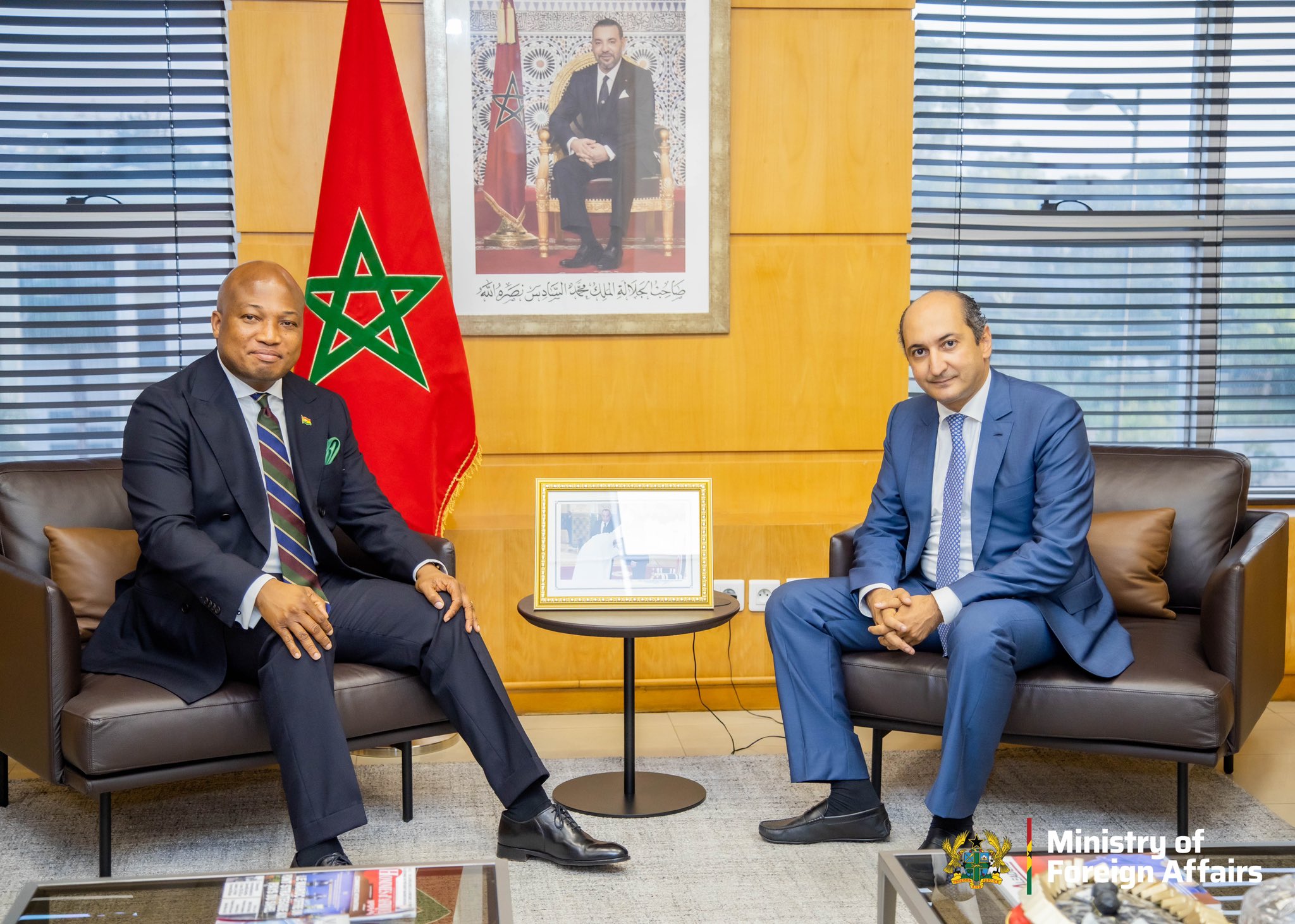A new visa-free travel agreement between Ghana and Morocco has sparked widespread celebration on social media, especially on X (formerly Twitter), reigniting conversations about African unity and integration.
The deal was finalized during a two-day visit to Rabat by Ghana’s Foreign Minister, Samuel Okudzeto Ablakwa, marking a significant step in strengthening bilateral relations between the two nations.
Historical Context: From Allies to Estrangement
Ghana and Morocco share deep historical roots as founding members of the Casablanca Group, which played a pivotal role in establishing the Organization of African Unity (OAU, now the African Union) in 1963. However, relations collapsed in 1979 when Ghana (under President Hilla Limann) recognized the Sahrawi Arab Democratic Republic (SADR), declared by the Polisario Front—a group Morocco views as separatists in Western Sahara.
Diplomatic ties remained frozen for over two decades until President John Kufuor restored relations in 2001. His state visit to Rabat paved the way for renewed cooperation, culminating in the recent breakthrough under Minister Ablakwa.
Key Highlights of the Agreement:
1. Visa-Free Travel:
– Citizens of both countries can now travel without visas.
– Ghanaians require a streamlined 24-hour appointment confirmation from the Moroccan Embassy.
2. Education Exchange:
– Morocco will fully fund 140 Ghanaian students to study in Moroccan institutions.
– Ghana will admit Moroccan students to its Ghana Maritime University.
3. Agricultural Partnership:
– Morocco will donate 2,000 tonnes of fertilizer to Ghana.
– Jointly establish a fertilizer production plant in Ghana.
Why This Matters:
– Healing Historical Rifts: The agreement symbolizes a full recovery from decades of diplomatic friction over Western Sahara.
– People-Centered Progress: Visa-free travel enables tourism, trade, and cultural exchange, embodying the AU’s vision for intra-African mobility.
– Investing in Futures: Scholarships address youth development and skills gaps, while agricultural support boosts Ghana’s food security and industrial capacity.














